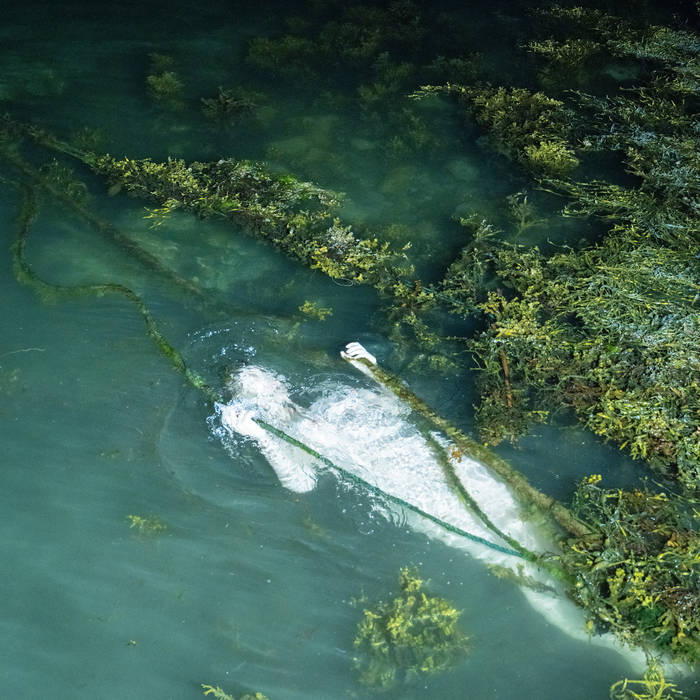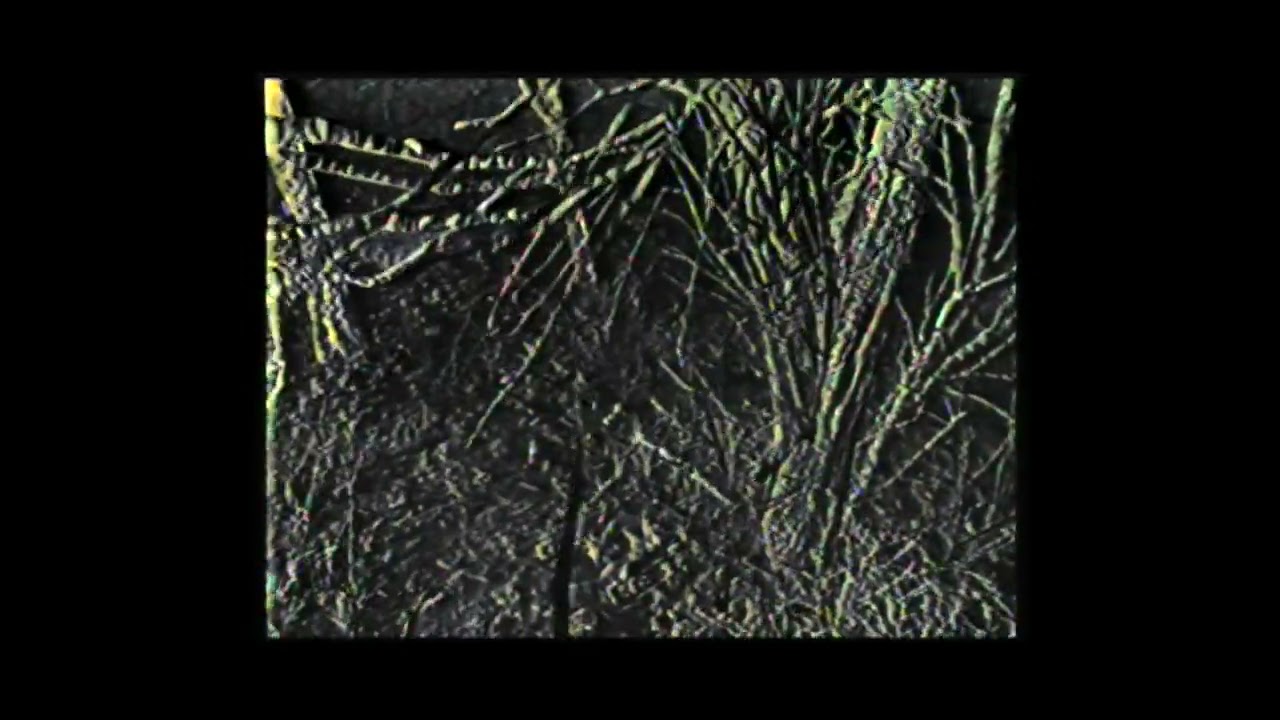Finnish musician and artist Pietu Arvola goes under various names. Best known as a quarter of post-punk/black metal/noise quartet Musta Huone, he has also recorded as Bereen Ondo and Albert Swarm. His first solo album as Pietu comes from deep within his own personal experience in the damp, grey depths of the 2020 lockdown. Arvola got very into Fallout 4 but, rather than playing the game, he roamed the post-apolcalyptic game world trying to rationalise bereavement and isolation. Later, he made field recordings in the forests of southern Finland, remnants of a vanishing natural world, and built tracks around them.
The new record reflects this interior/exterior world through ominous but inviting sounds. Strings creak like flexing branches. Electronics are inseparable from natural noises, each as strange as the other. The perception of sound twists as the darkness of the canopy closes in. Glitches flick the setting to digital. All the tracks are intensely-layered and conflicted, difficult landscapes to navigate. They reward deeper listening and, disconcertingly, recreate the mental fog that formed around each of us during 2020, despite our best efforts. The final track, ‘Onko jo liian myöhäistä’ opens out the soundscape with a simple piano figure and distant, ethereal strings. It would be a mistake to read too much into the track, however, as the title means “It is already too late”. It is an isolating listen but, conversely, a rewarding one.
At the heart of the album is a longer track, ‘Tomun alta’ (‘Under the dust’). Here Arvola’s sound world fully reveals itself through a thick forest carpet of electronic layers, ghost sounds, humming, buzzing, scampering, and the wind in the trees. By fully committing to the noises in his head, Arvola is able to take us with him to somewhere hidden and unique. The album’s title, a quote from nineteenth-century painter Pekka Halonen, translates as “We must watch that we do not sleep, for the world is slippery”. Meidän täytyy valvoa… provides little in the way of consolation for what has been or what is to come, but it offers an escape from apathy through individual expression. You hear a voice among the trees that doesn’t sound familiar, and you realise it is your own.



